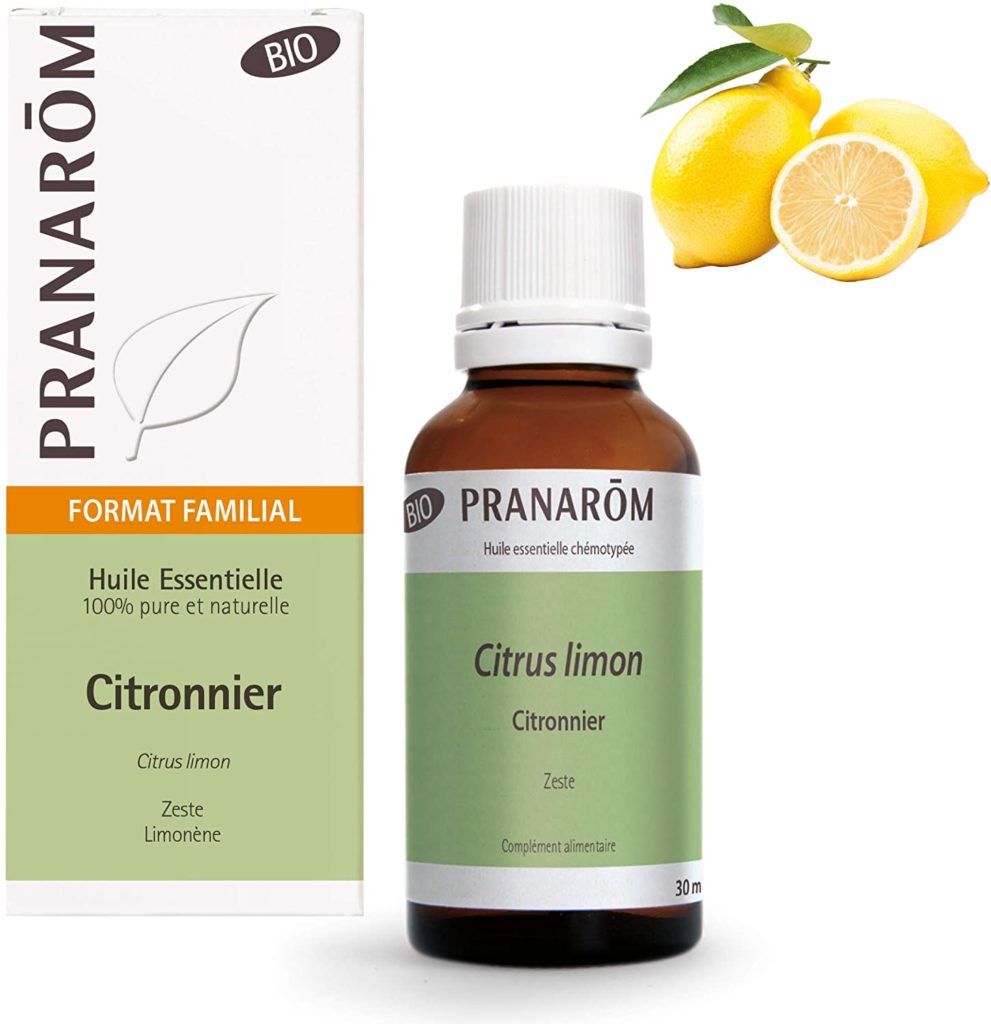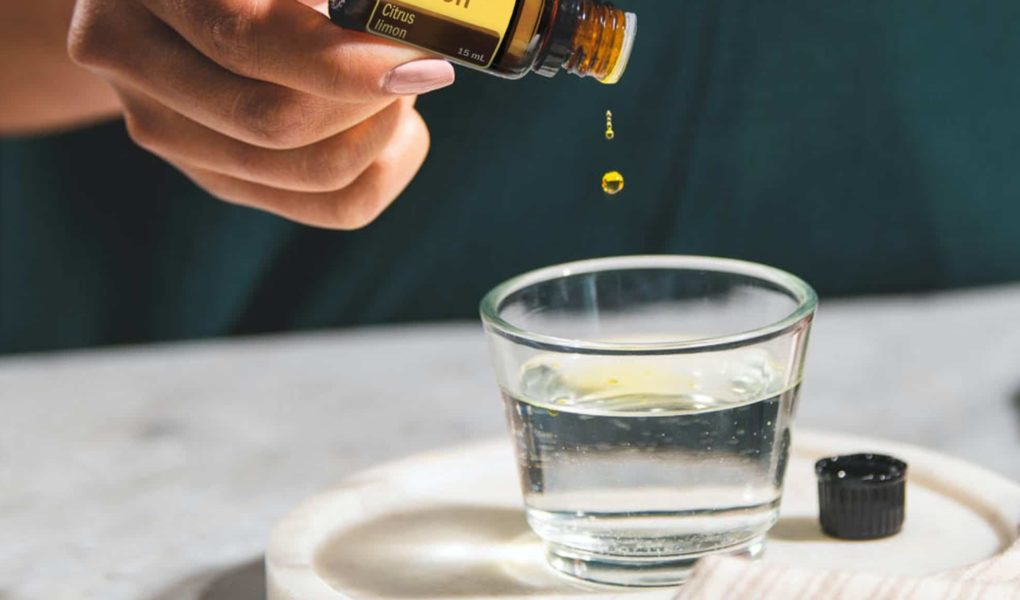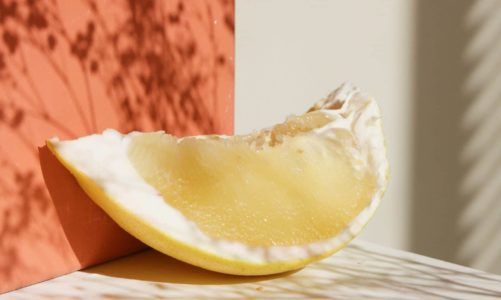Vitamin C has fast become the go-to ingredient in skincare for brighter and more glowing skin. Getting it through a daily fresh intake of fruit and veggies can also help the skin produce collagen and appear more youthful. One would assume then that if the source contains vitamin C that the essential oil contains vitamin C too, right? Well, yes and no. The ins and outs of essential oils are a little more complex than we think. Understanding a few basics about essential oils will help you make informed decisions when it comes to buying the right ones for the job.
Do essential oils contain vitamin C?
The simple straight answer is that essential oils contain vitamin C, but the amounts are so small that they become insignificant. The fact is that much of the vitamin C is destroyed during the extraction process alone.
Here is how it works
There are two main ways of extracting essential oils from the source. Either through steam distillation or cold extraction. Steam distillation uses temperatures in the region of 100 °C / 212 °F, which is far higher than the temperature at which vitamin C degrades, which is 70 °C.
Remember that vitamin C, just like vitamin B is a water-soluble nutrient. This means that it will dissolve in the steam and none remain in the oil. The steam distillation would therefore render vitamin C amounts in the essential oils obsolete.
Cold-pressed extraction on the other hand does not require heat and one can arguably say that in this case, essential oils contain vitamin C. But even here, through evaporation during the cold-pressing, much of the vitamin C, a volatile compound, will be lost. The amounts of vitamin C remaining in the essential oil remain negligible.
These essential oils may contain tiny amounts of vitamin C
As mentioned before, it is highly unlikely that essential oils contain vitamin C post-extraction, however, cold-pressed oil is still your best bet when choosing an essential oil containing vitamin C, albeit trace amounts of it. Take note that the following cold-pressed essential oils of the citrus variety are phototoxic. This means that they may cause skin sensitivity and burns when your body is exposed to direct sun. It is best to only apply cold-pressed essential oils to parts of the body that is covered with clothing.
Lemon
Bergamot
Sweet orange
Tangerine
Lime
Mandarin
Bitter orange
These essential oils are non-phototoxic:
Neroli
Bergamot (Furocoumarin free)
Satsuma
We choose
Pranarom Organic Lemon Essential Oil 30ml

Benefits of essential oils
Despite the fact that essential oils contain little to no vitamin C, it still provides many benefits to the user as a potent plant medicine. Applied topically, inhaled, or ingested, essential oils can play an important role in our sense of wellbeing. Ingestion is not suggested though for the general user, since it requires expert knowledge and training in this field.
Last thoughts on essential oils and vitamin C
Since no essential oils contain vitamin C really, it is best to look elsewhere for your daily dose. If it is good skin you are after, take the time to look for a good quality vitamin C serum. You don’t want to skimp here. Usually, you get what you pay for. If your goal is to boost health or to help aid collagen production then getting your vitamin C intake from organic food sources is still the best way to go.
If you enjoyed this article, you might like these too:
These 6 secret essential oils help treat hyperpigmentation.
Which essential oils work like minoxidil for treating hair loss?
Your go-to list of essential oils to use in a diffuser.
What are the signs of essential oil toxicity in dogs?
What are the symptoms of essential oil toxicity?
Disclaimer and Cautionary note: Sunny Life Mag is a digital magazine for entertainment. The articles published are not here to diagnose or treat any health or medical conditions. The contents of this website are for informational and entertainment purposes only and do not constitute medical advice; the content is not intended to be a substitute for professional medical advice, diagnosis, or treatment. Always seek the advice of your dermatologist, physician, with any questions you may have regarding any skin conditions or other medical conditions.
Affiliate Disclosure: Some of the links that appear on this site are affiliate links. We may receive a small commission when you make a purchase. These commissions help to improve this site and to fund further research. The buyer does not pay any commission whatsoever but is an arrangement between the supplier and this site. Our selection of products is carefully curated and includes only those products we believe in.
Photo by doTERRA International, LLC from Pexels



